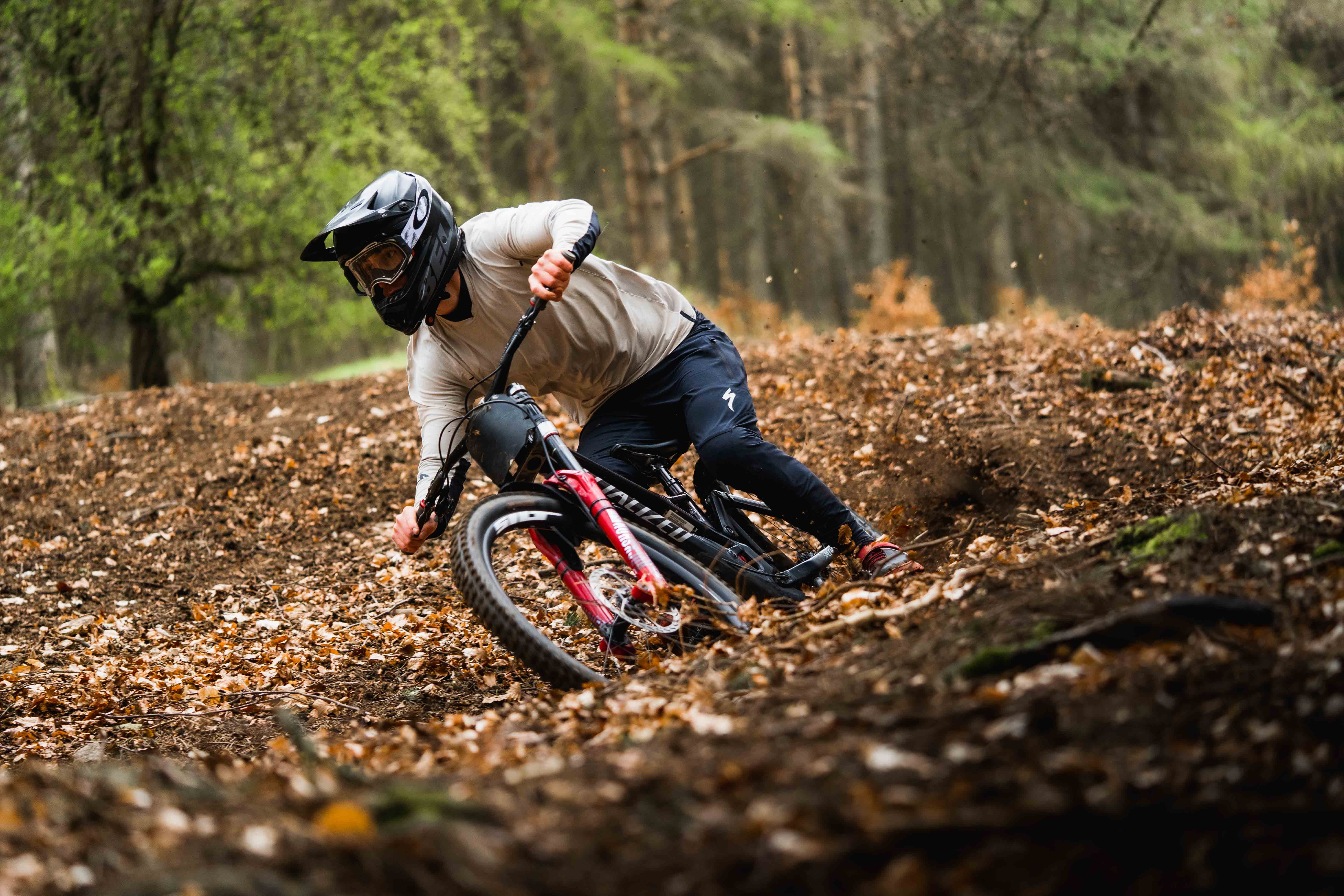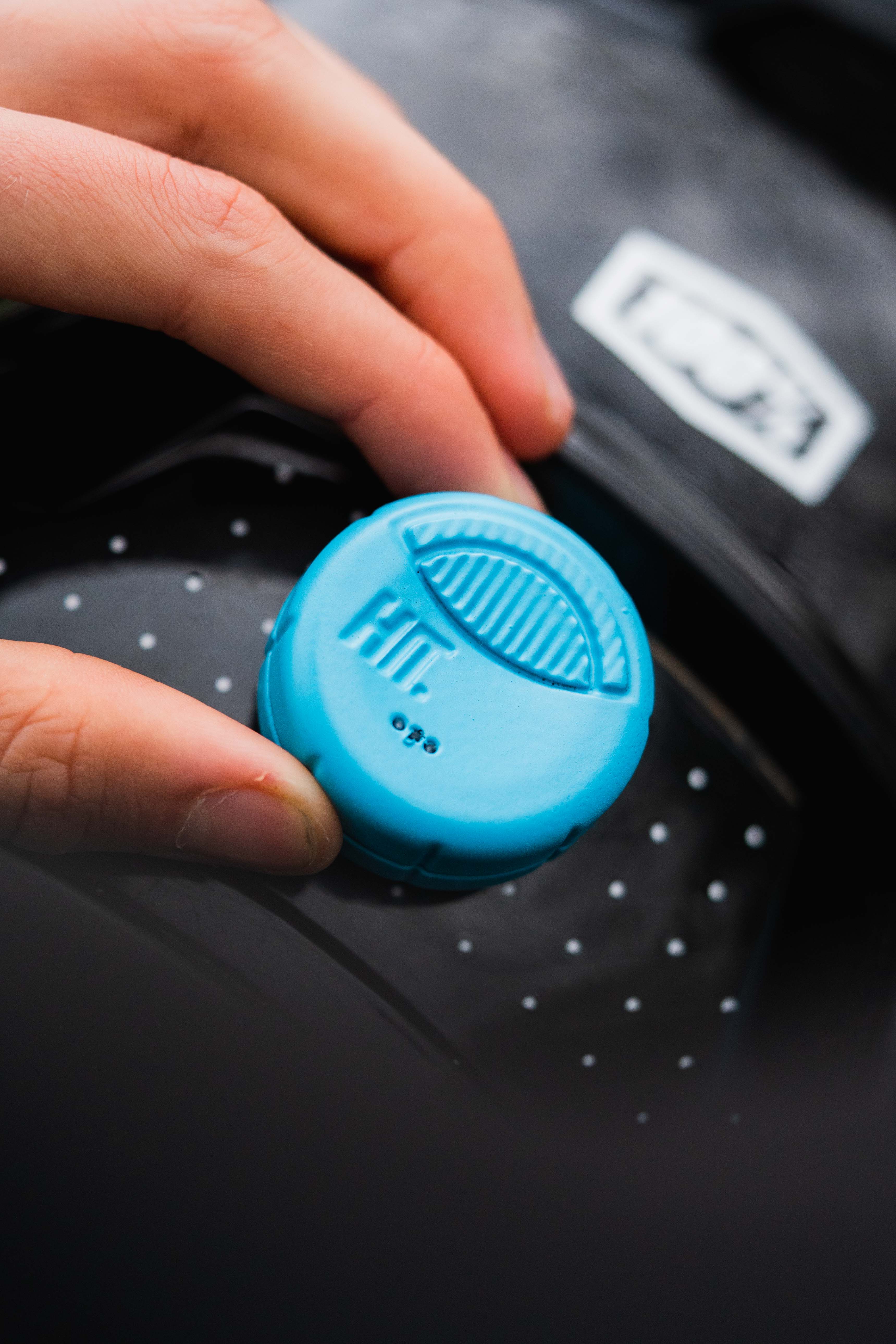Top mountain biker welcomes device to monitor concussion
Scottish start-up HIT has developed technology which is worn on the helmet.

A former world champion mountain biker has described as “really important for us” a device that will help tackle the effects of serious head impacts.
The helmet-mounted device, which will be used by a number of professional mountain bikers this season, measures the force of individual and cumulative head impacts and uses an app to alert the wearer if they should seek medical attention.
Scottish start-up HIT, which developed the device, said concussion can be complicated to diagnose and can be affected by a number of different factors, and the device enables wearers to make informed decisions.
HIT founder Euan Bowen, who first had the idea for the technology after seeing a friend suffer a serious concussion in a rugby match, said that as well as helping protect individuals, the device will benefit research into concussion more generally.

“We believe it is pioneering because we’re not collecting data in the lab, we’re collecting it from everyday users and pro riders, and we’re seeing trends.
“We’re going to see how head impact affects gender, age, and even how effective different equipment is. From there, we’ll start to see the whole picture and that will help inform research on the long-term effects of concussion and head injury.”
The device will be debuted this mountain biking season where some 50 professional riders will be wearing it, including former world champion Reece Wilson and rising star Hattie Harnden, both of whom have experienced serious concussions.
Wilson, who had to take a year out of the sport due to concussion, said: “We do crash pretty frequently in mountain biking so the HIT device is going to be really important for us.

“It’s very difficult to track a brain injury simply because you can’t see it and everybody has symptoms that can be easily diagnosed as something else, so I feel very lucky to be able to have this looking over me this year.”
Mr Bowen stressed the device, which can be used in any “gravity sport” where a helmet is worn, is not just for professionals.
He said: “It’s an accessible device, it’s for any age, any activity, any gender, and it’s helping protect you now, but in the future as well.”
Professor Angus Hunter, of Nottingham Trent University, who helped develop the device, said it could help save lives.
He said: “By capturing data on the forces involved in head impacts alongside electrophysiological brain changes, we hope to identify thresholds for concern and allow sportspeople, coaches and parents to make more informed decisions about whether to continue the sport, rest or seek medical help.
“This could help save lives and reduce risk for neurodegeneration later in life.”





